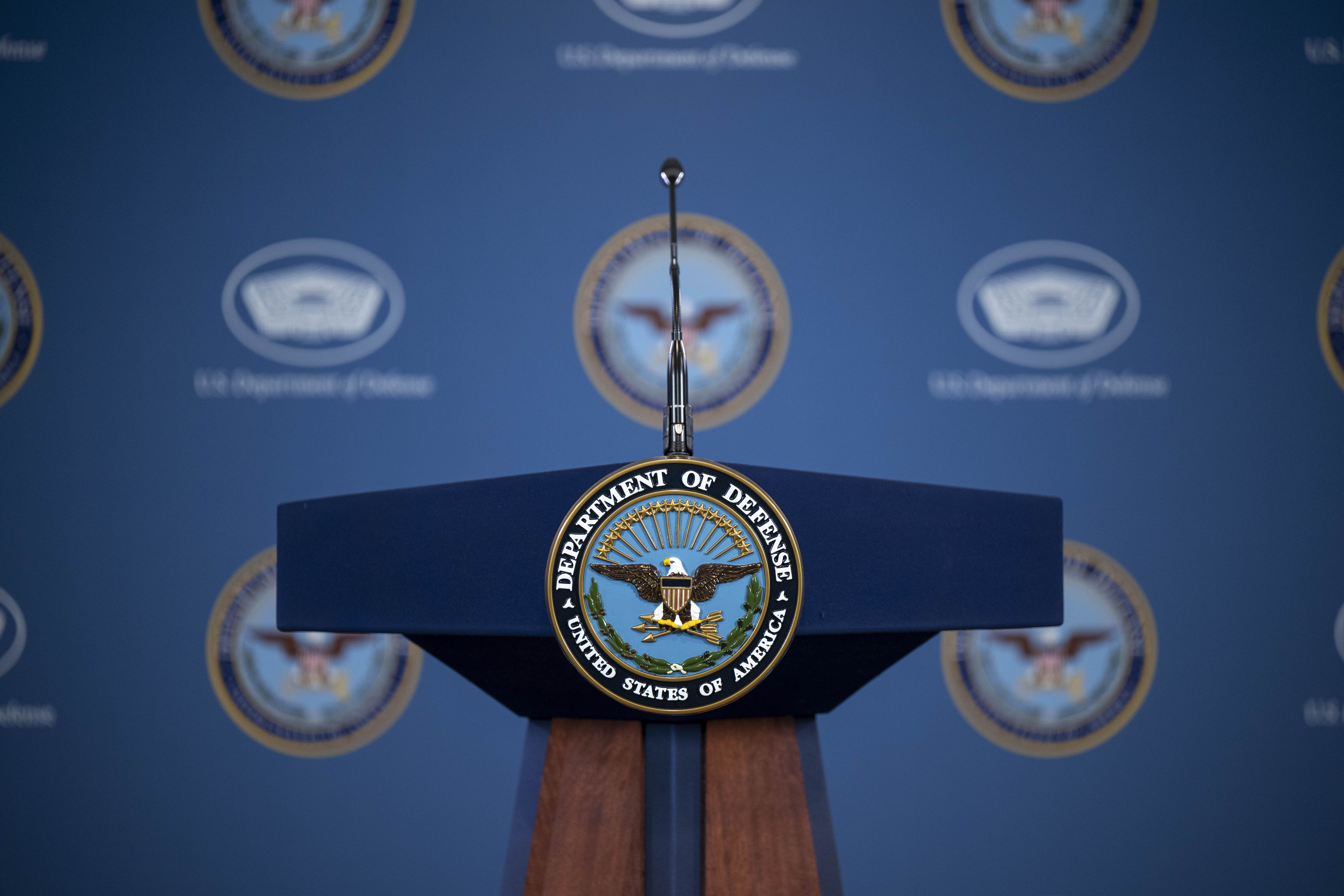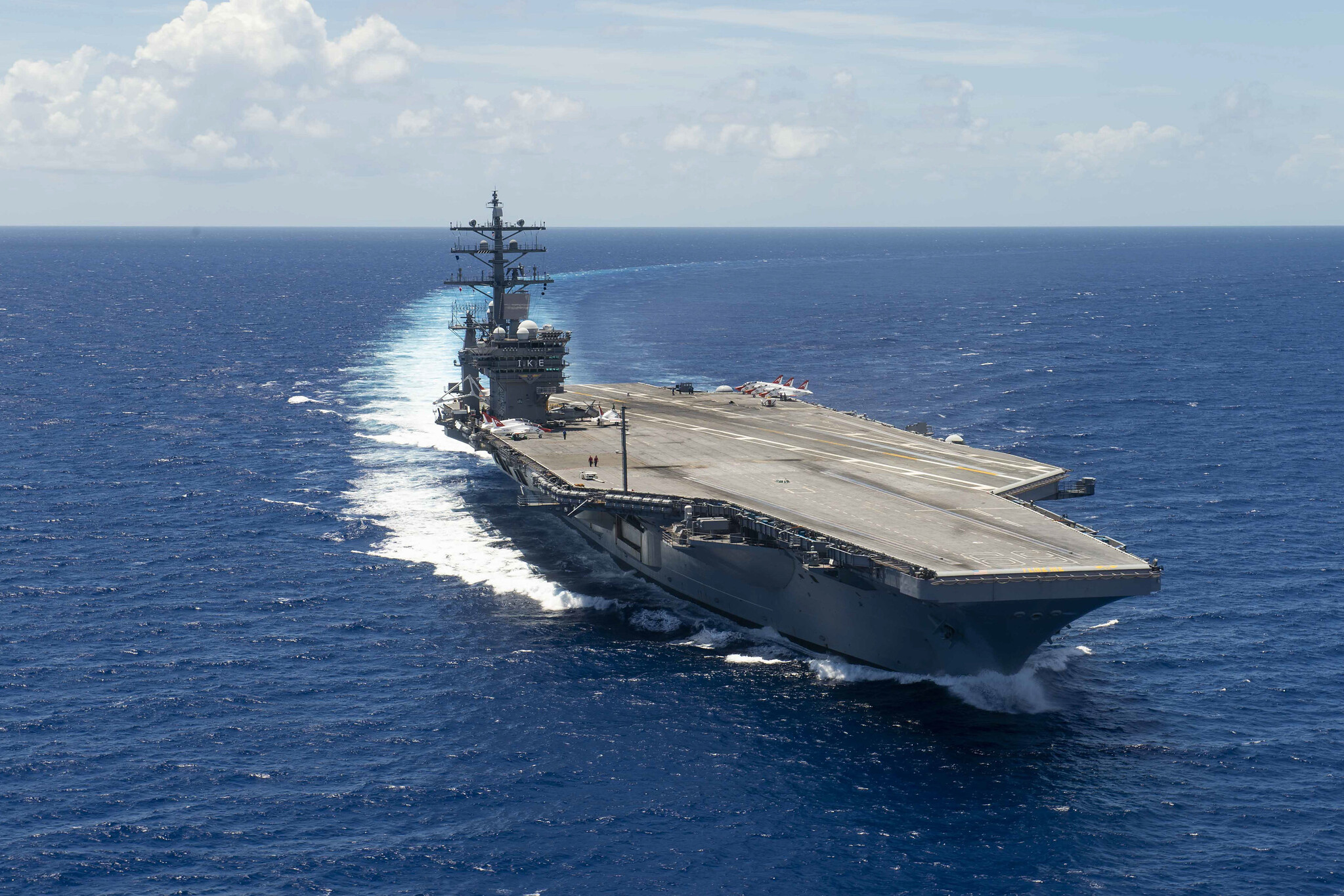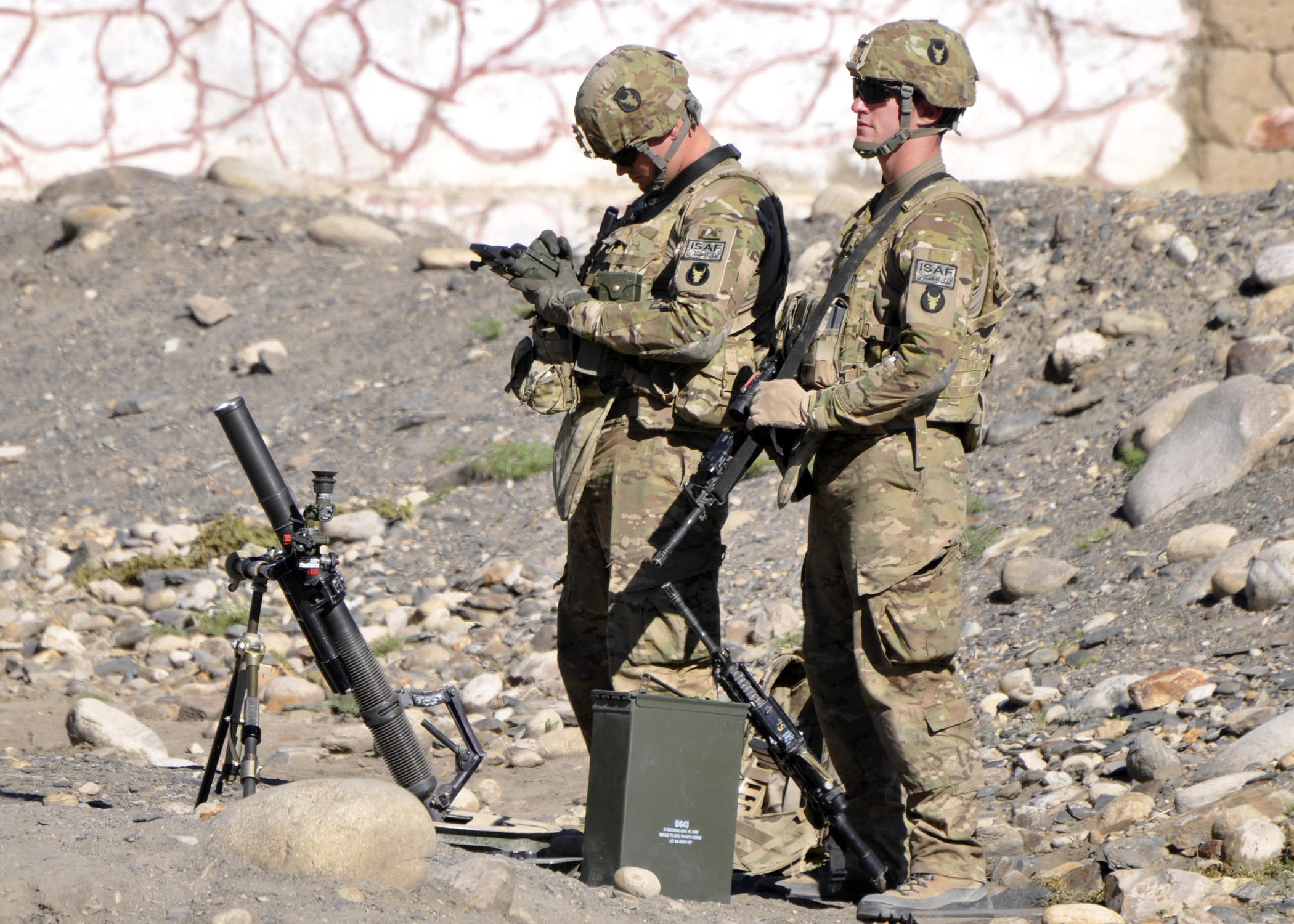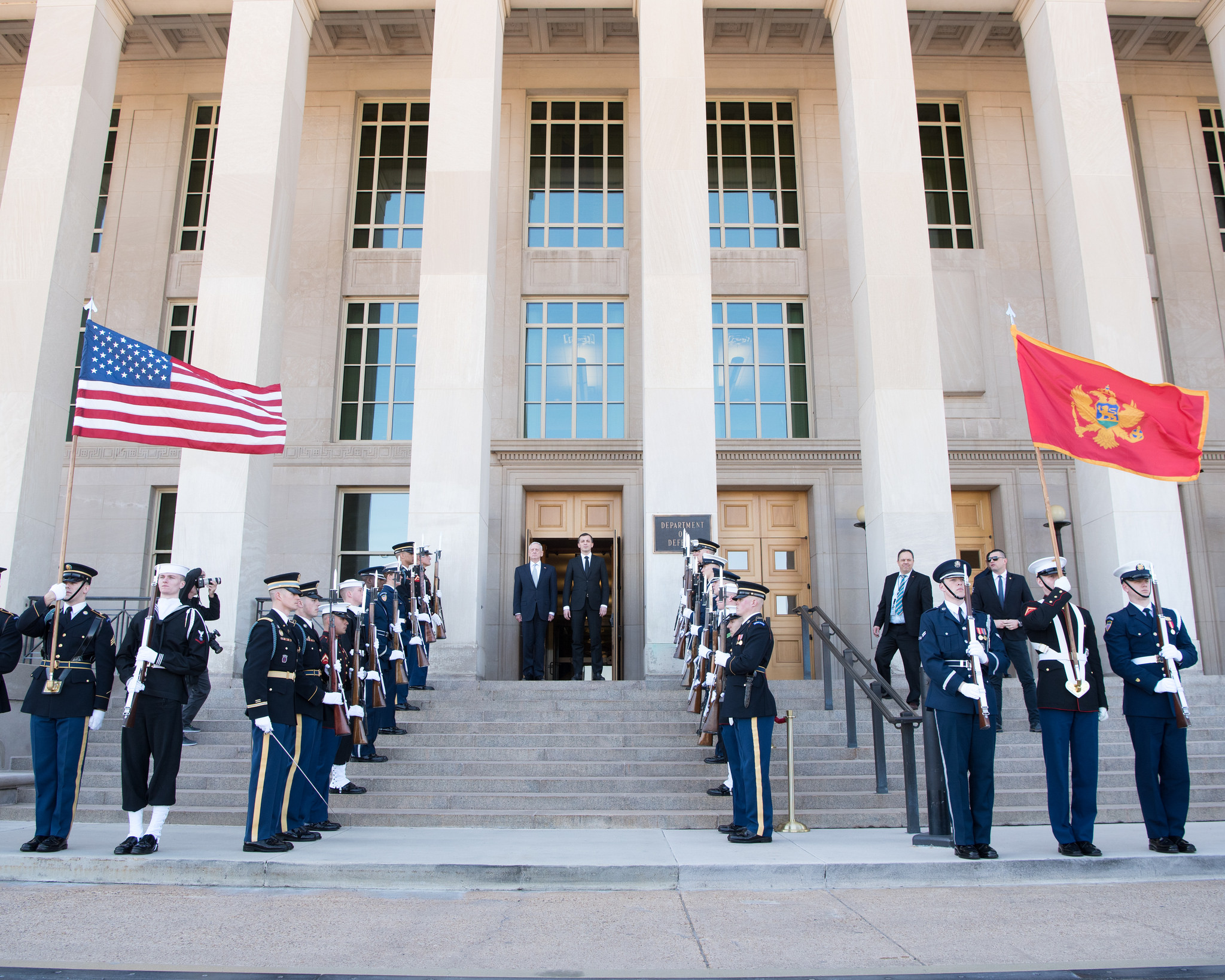Bad Idea: National Security Strategy Documents
Public national security strategy documents tend to avoid making tradeoffs and inflate threats to the country, writes Ben Friedman. Eliminating these documents may not only make for better strategy but also better analysis and debate on U.S. national security policy.





